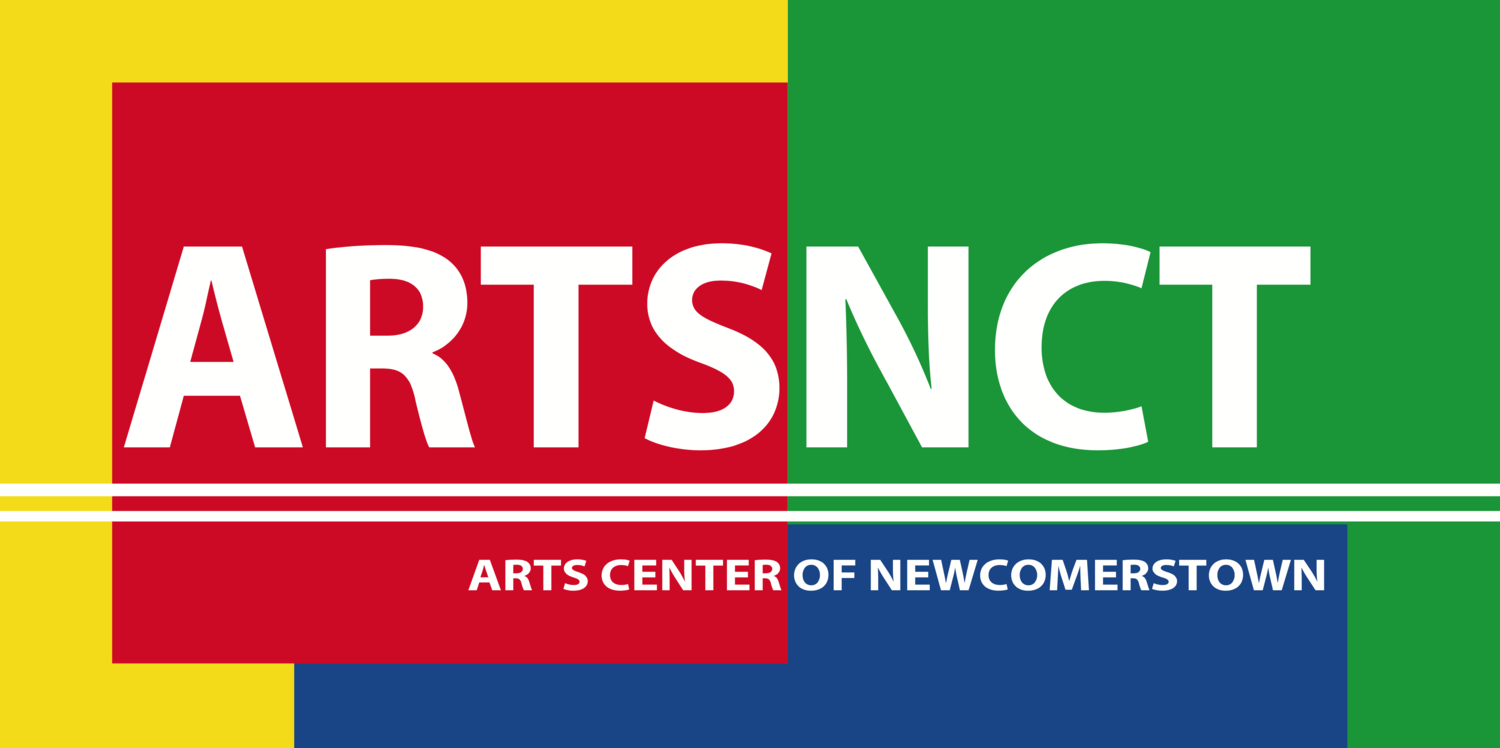Manuel Yingling
Born: October 24, 1872, Newcomerstown, Ohio | Died: March 07, 1925, Newcomerstown, Ohio
A rare opportunity to hear compositions written by Newcomerstown's Manuel Yingling - who was once a featured trombonist of John Philip Sousa's band.
Sousa and His Band (1920 poster).
With the departure of Ralph Corey in early 1920, John Philip Sousa was again tasked with replacing a long-time trombone soloist. The twenty-nine day Willow Grove Park engagement of 1920 served as an audition for the vacant trombone soloist position. Manuel Yingling, Charles Gusikoff, John P. Schueler each had an opportunity to stand in the spotlight as the trombone soloist for the Sousa Band and become the successor to Ralph Corey.
Manuel "Manny" Yingling was born in Newcomerstown, Ohio on October 24, 1872. He became a career musician after going through the public school system in Newcomerstown. After leaving Ohio, Yingling pursued music studies at both Oberlin College of Music and The Boston Conservatory. He was associated with several bands and orchestras throughout his distinguished career, including the Theodore Thomas Orchestra (1893), Michael Brand's Cincinnati Band (1893), The Ellis Brooks Band, The Grand Army Band, Duquesne Theatre Orchestra (1896), Waite's Grand Orchestra (1897-98), Beilstedt and Ballenberg Band (1897-98), the Great Eastern Band (1898), The Thayer Military Band (1905), Prouty's Orchestra of Boston (1905-09), Neddermeyer's Band (1909-10), The Royal Scotch Highlanders Band (1914-1920), Conway's Band (1919), Sousa's Band (1920), and Weber's Prize Band of America (1921). In nearly all of the bands that Yingling was associated, he was the featured trombone soloist.
In addition to his performing career, Manuel Yingling was also a conductor, composer, and musical entrepreneur. As various engagements led him throughout the United States, He maintained a home in Newcomerstown, Ohio, and for many years, served as the conductor of the Hyperion Band, based out of that same city. Yingling was also a composer of band music. The majority of his compositional output is limited to marches and two-steps, although he did compose a solo for trombone entitled Hyperion Polka, which was named after the band that he conducted in Newcomerstown. Yingling also owned a music store in Newcomerstown which sold mainly sheet music, records, and Victrolas, an expensive internal horn phonograph.
Unlike Sousa band trombone soloists who uniformly endorsed C. G. Conn instruments, Manuel Yingling endorsed the instruments of other manufacturers during his career. Yingling endorsed the Distin trombone until 1909 when Henry Distin sold his factory to Brua Keefer. When Keefer assumed control of the business, he changed the name and began manufacturing Keefer instruments, which Yingling would endorse for at least fifteen years. As the conductor of the Hyperion Band in Newcomerstown, Yingling arranged for the ensemble to play exclusively on Keefer instruments. After a factory fire in 1941, the Keefer Instrument Company went out of business, although some instruments still exist today.
Yingling had a reputation as a very fine trombonist. The director of the Scotch Highlander Band once stated that he considered Yingling the equal of Arthur Pryor. In 1920, Yingling would finally get the opportunity to prove true the claim that he was Pryor's equal when he performed as soloist with the Sousa Band. The exact date that Yingling began playing with the band is, at present, unknown; however, he was a section trombonist and soloist with the Sousa Band during the Willow Grove Park season in the summer of 1920. In a postcard sent from Willow Grove Park dated September 7, 1920, Yingling wrote:
John Philip Sousa, Bandmaster
"This pavilion in which we play seats nine thousand people and we have had it packed full on several occasions. This is our fourth week here. We start out on the road next Monday."
- Manuel Yingling, September 7, 1920
John Philip Sousa Band Concert - December 5, 1921, in Denver, Colorado
Yingling anticipated the fall tour with Sousa; however he would not remain with the Sousa Band very long. Tragically, his career with the Sousa Band was cut short when he suffered a stroke in late 1920. After recovering, Yingling returned home to Newcomerstown, Ohio, and invested the majority of his time into directing the Hyperion Band and operating his music store. The next few years were difficult for Yingling, as his health declined due to a series of strokes. Ultimately, it was a stroke that claimed his life on March 7, 1925, at age fifty-two.
The text of this biography was archived for educational and historical research purposes from A Biographical Study of the Trombone Soloists of the John Philip Sousa Band: 1892-1931 by Joseph William Frye, The Florida State University College of Music. A Treatise submitted to the College of Music in partial fulfillment of the requirements for the degree of Doctor of Music. Degree Awarded: Spring Semester, 2008.

